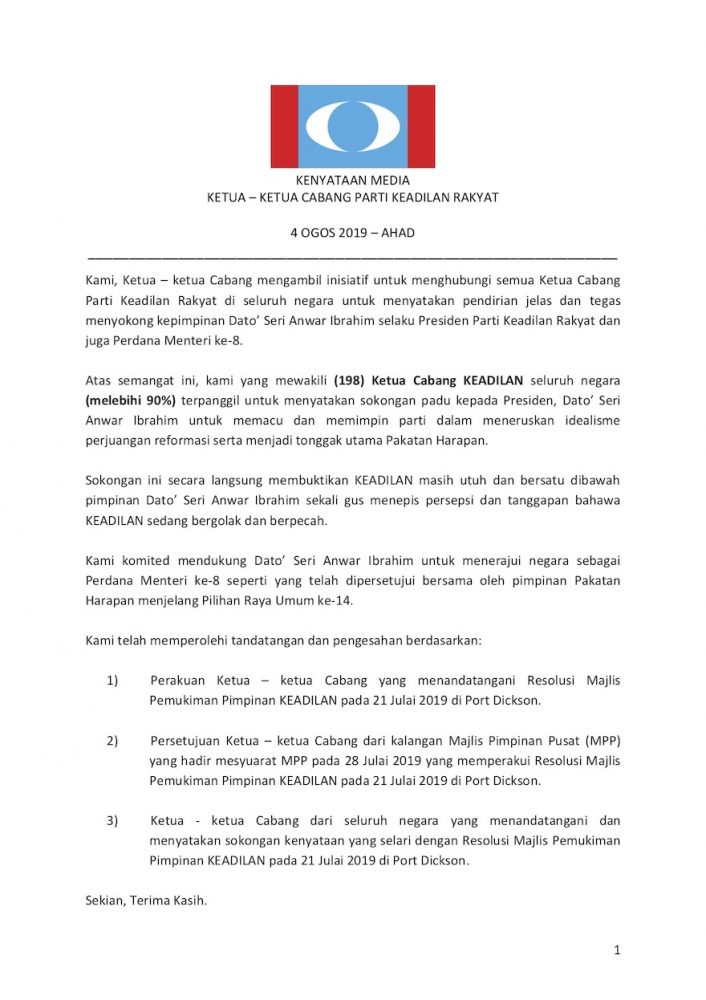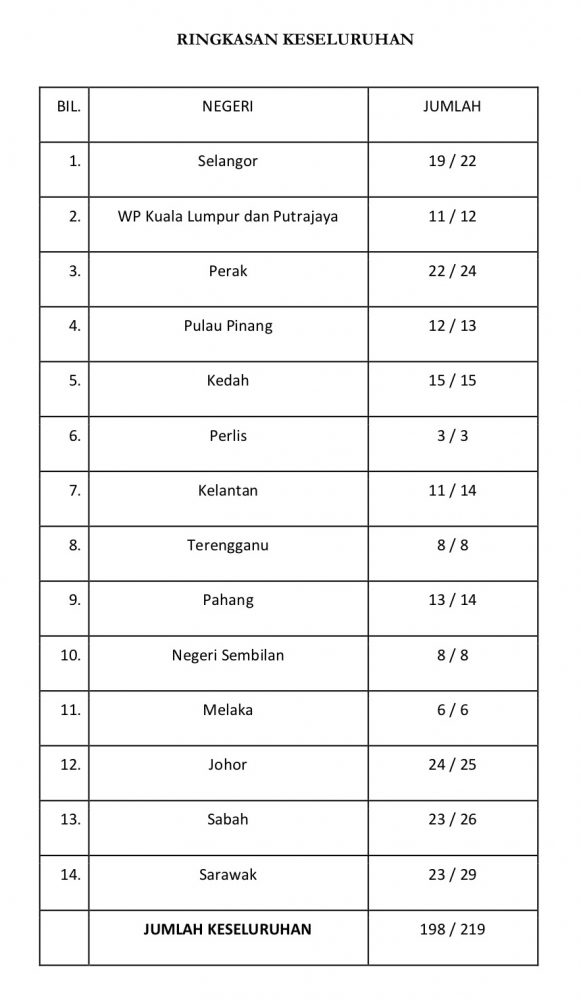
The narcissistic personality is oversensitive to failure and often complains of multiple somatic symptoms. Prone to extreme mood swings between self-admiration and insecurity, these people tend to exploit interpersonal relationships. Insecurity is linked to mental health conditions such as narcissism, anxiety, paranoia, and addictive or dependent personalities.
NO HOLDS BARRED
Raja Petra Kamarudin

Insecurity in Men with Borderline Personality Disorder
Insecurity refers to a lingering feeling that you can’t count on your loved one: that somehow you will be let down, rejected, or abandoned. Insecurity is a dynamic force that drives behavior in both women and men who have BPD. However, insecurity typically shows its face in different ways in men versus women.
The narcissistic personality is oversensitive to failure and often complains of multiple somatic symptoms. Prone to extreme mood swings between self-admiration and insecurity, these people tend to exploit interpersonal relationships.
When one deals with generalised insecurity for a long period of time, however, the doubt and negative feelings experienced may have a significant effect on life. Insecurity is linked to mental health conditions such as narcissism, anxiety, paranoia, and addictive or dependent personalities.
What is “Personality?”
Personality refers to a distinctive set of traits, behavior styles, and patterns that make up our character or individuality. How we perceive the world, our attitudes, thoughts, and feelings are all part of our personality. People with healthy personalities are able to cope with normal stresses and have no trouble forming relationships with family, friends, and co-workers.
What is a Personality Disorder?
Those who struggle with a personality disorder have great difficulty dealing with other people. They tend to be inflexible, rigid, and unable to respond to the changes and demands of life. Although they feel that their behavior patterns are “normal” or “right,” people with personality disorders tend to have a narrow view of the world and find it difficult to participate in social activities.
Recognising a Personality Disorder
A personality disorder must fulfill several criteria. A deeply ingrained, inflexible pattern of relating, perceiving, and thinking serious enough to cause distress or impaired functioning is a personality disorder. Personality disorders are usually recognisable by adolescence or earlier, continue throughout adulthood, and become less obvious throughout middle age.
What Causes a Personality Disorder?
Some experts believe that events occurring in early childhood exert a powerful influence upon behavior later in life. Others indicate that people are genetically predisposed to personality disorders. In some cases, however, environmental facts may cause a person who is already genetically vulnerable to develop a personality disorder.
Types of Personality Disorders
There are many formally identified personality disorders, each with their own set of behaviors and symptoms. Many of these fall into three different categories or clusters:
- Cluster A: Odd or eccentric behaviour
- Cluster B: Dramatic, emotional or erratic behaviour
- Cluster C: Anxious fearful behaviour
Since there are too many identified types of personality disorders to explain in this context, we will only review a few in each cluster.
READ MORE HERE

Anwar needs constant idolising and reassurance that he is God’s chosen one





Rpk go kill yourself if you think that by stooping so low can earned you a decent living. Indeed You not DSAI is really suffering from mental disorder.
ReplyDelete